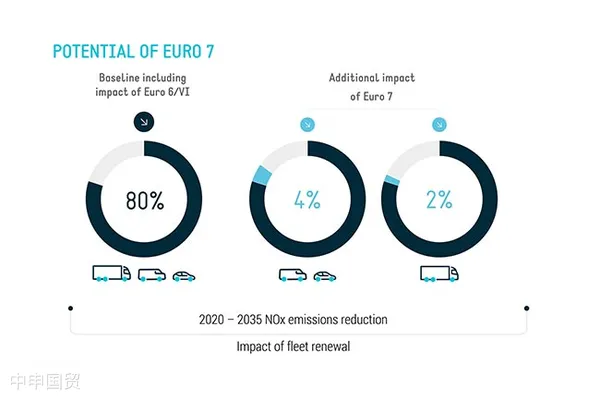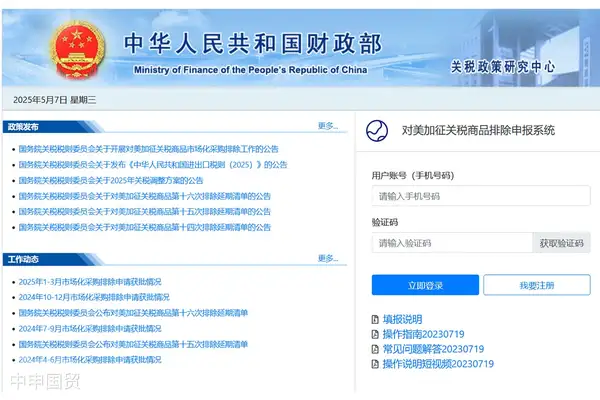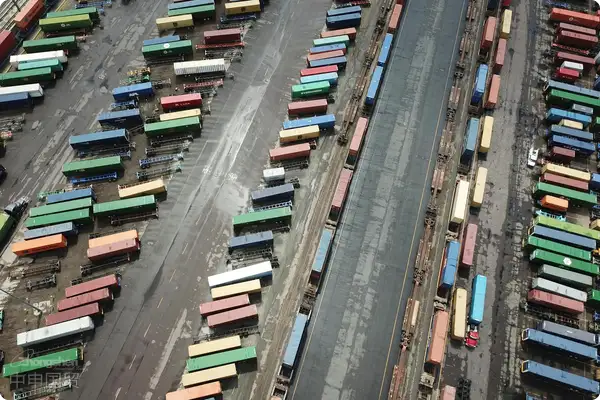- Shanghai Zhongshen International Trade Co., Ltd. - Two decades of trade agency expertise.
- Service Hotline: 139 1787 2118
The Euro 7 regulations aim to tighten restrictions on non-CO2 pollutant emissions such as carbon monoxide and nitrogen oxides. Their implementation would require automakers to invest more resources to meet stricter environmental standards. However, many automakers and some EU countries have voiced strong opposition to these regulations.

Among the eight countries, the positions of France and Italy are particularly noteworthy. These countries argue that automakers, already under immense pressure from the EUs plan to ban new carbon-emitting vehicles by 2035, struggle to meet short-term environmental targets and thus require more transition time to gradually adapt to these changes.
Among these eight countries, the positions of France and Italy are particularly noteworthy. These countries believe that automakers are already under tremendous pressure to meet the EUs plan to ban the sale of new carbon-emitting cars by 2035, making it difficult to achieve environmental goals in the short term, thus requiring more transition periods to gradually adapt to these changes.
European automakers have also voiced concerns about the implementation of the Euro 7 standards. They argue that the cost of these standards is excessively high while their actual environmental benefits remain unclear. Carlos Tavares, CEO of Stellantis Group, even stated bluntly that the Euro 7 standards would lead to price increases for small vehicles, which would undoubtedly restrict the mobility freedom of low-income families.
Despite the controversy, Spain hopes to submit this compromise proposal to the Council as soon as possible. According to the draft, passenger cars and light trucks will be granted a 24-month grace period, while buses and trucks over 3.5 tons will receive a 48-month extension. This means that even if the Euro 7 regulations are eventually implemented, relevant companies will have more time for technological upgrades and transformations.
However, this delay has not received unanimous support. The Brussels-based Transport & Environment (T&E) lobbying group has expressed strong dissatisfaction, arguing that this compromise is essentially a capitulation by countries to automakers threats. T&E warned, In the coming decades, people will suffer from preventable diseases and premature deaths.
T&E further pointed out that this new proposal put forward by Spain significantly weakens vehicle emission limits. Compared to Euro 6, there are no changes in emission limits for cars and light commercial vehicles, even for diesel vehicles, which are allowed to emit more nitrogen oxide (N2O) pollutants than gasoline.
Faced with these controversies, EU member states are clearly divided in their positions. However, once consensus is reached, they will negotiate with the European Parliament to finalize the Euro 7 regulations. The direction of these regulations will undoubtedly impact the automotive industry and environmental protection efforts in Europe and globally.
Related Recommendations
? 2025. All Rights Reserved. Shanghai ICP No. 2023007705-2  PSB Record: Shanghai No.31011502009912
PSB Record: Shanghai No.31011502009912










